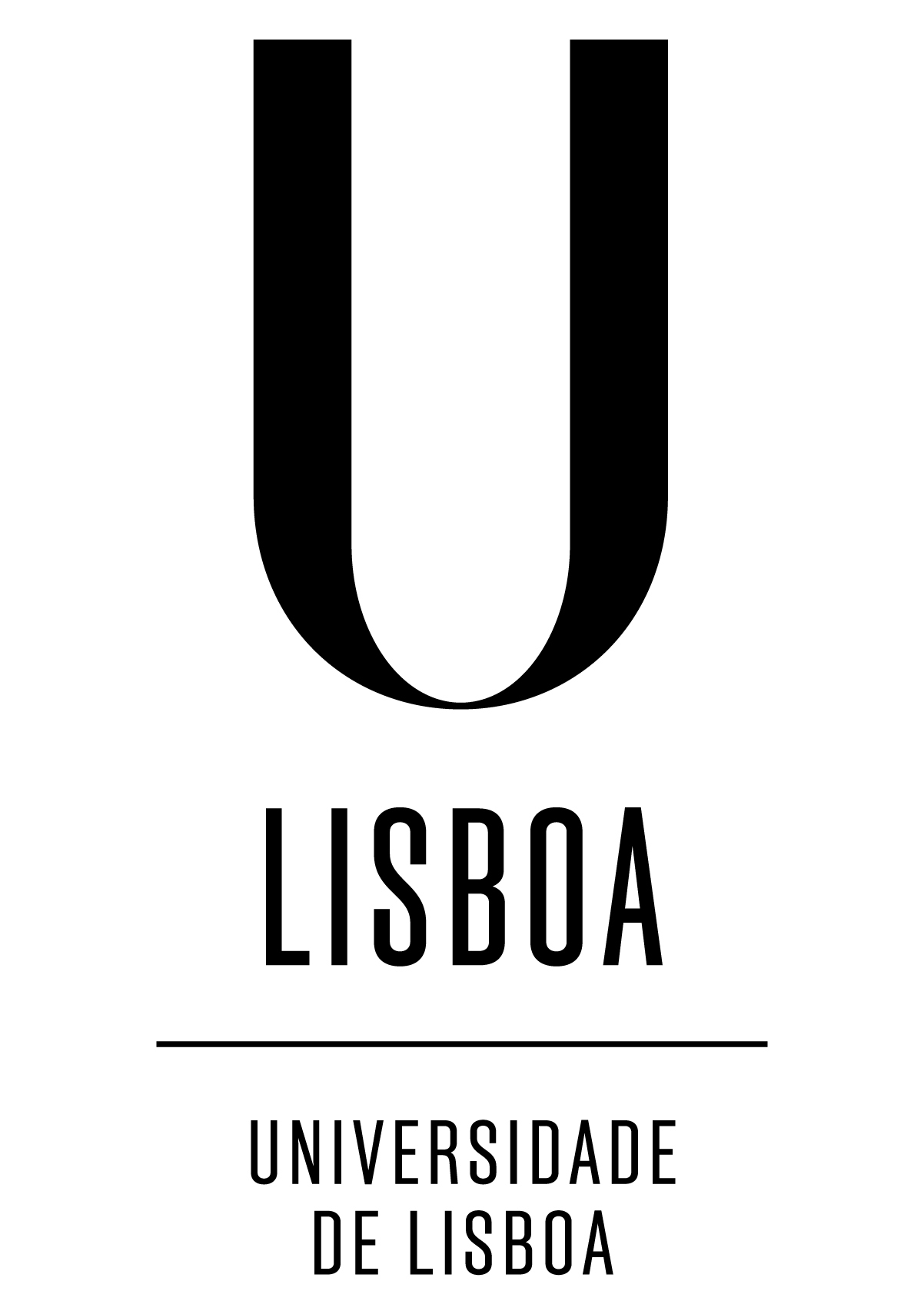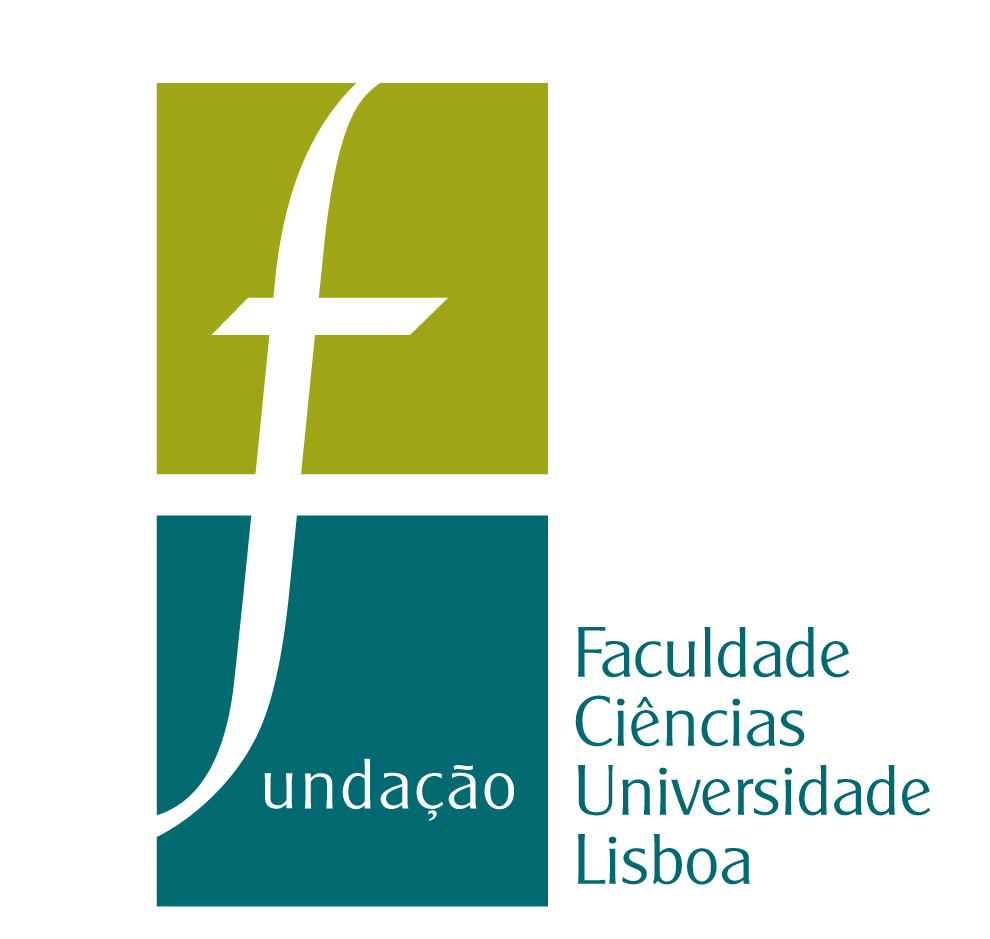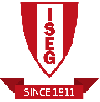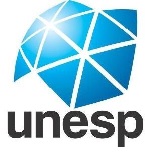Unity of Science and Interdisciplinarity

Description
Does it still make sense to speak about Unity of Science when today everything seems to point out to dis-unity, to the fragmentation of scientific knowledge? We assume that science is made of two opposite yet correlated tendencies: the tendency towards specialization and the tendency towards unity. Although specialization favors the precise delimitation of areas and their analysis, the search for integrative links among disciplines remains an important task.
Since the second half of the 20th century we consider that the tendency to Unity of Science took the form of interdisciplinary. By this term we understand the actual manifestation of unity of science, a slow, vast movement which drives at a deeper level what at the surface is nothing but a puzzling set of disciplines, linked by what appears to be only political or institutional interests.
Unity of Science and Interdisciplinarity is deeply committed at presenting a comprehensive analysis program of interdisciplinary (unifying) procedures, strategies and practices of contemporary science, aiming to research crossing phenomena, the transfer of concepts, hypothesis and results from one discipline to another, that is, the transversal rationality which underlies current scientific activities. We believe that philosophy, although not claiming the position of some sort of higher knowledge, above science, may constitute an important analytic locus of the interdisciplinary features which characterize contemporary scientific activity.
Structure
Research is structured in two main tasks.
One develops a critical and systematic analysis of the unifying determinations of science, logical and epistemic features, heuristic devices and metaphysical assumptions common to all scientific disciplines. It focuses issues such as: types of reasoning (deduction, induction and abduction) and their epistemological implications, the decision problems concerned with scientific activity, the notion of causality, the epistemological distinction between explanation and comprehension, the epistemic role of controversy and the common features of scientific proof, types of intuition and their role in scientific thinking, the relation between visualization, simulation and modeling, the polemics between realism, instrumentalism and ficcionalism, the problem of reductionism, emergentism and organicism, the different notions of determinism- indeterminism used by the different sciences, atomism and the alternative relational metaphysics.
The other develops a large scale survey on some concepts and practices illustrative of the interdisciplinary nature of contemporary science. Surveyed concepts include, among others: space/time, complexity, probability, evolution, epidemics, mind. Surveyed practices include, among others: the case of evolutionary epistemology, the psychological tension between integrative versus specializing practices, the new emerging disciplinary cartographies for cognitive sciences' interdisciplinary practices and for interdisciplinary global phenomena.
Head: Olga Pombo | opombo@ciencias.ulisboa.pt
Assistant Head: Jorge Correia Jesuíno | jorge.correia.jesuino@gmail.com
Research Groups involved
Epistemology and Methodology || Philosophy of Natural Sciences || Philosophy of Life Sciences || Science and Art Philosophy of Human Sciences, Ethics and Politics
Research Team
Andrea Mazzola
Alexandra van Quyhn
Ana Pato
António Zilhão
Carlos Lobo
Cláudia Ribeiro
Fernando Rua
Filipe Varela
Gil Costa Santos
Hassan Tahiri
Isabel Serra
João Barbosa
Joana Rigato
Jorge Correia Jesuíno
José Croca
Marco Pina
María de Paz
Mário Gatta
Nathalie Gontier
Olga Pombo
Pio de Abreu
Rui Moreira
Zbigniew
Kotowicz
Collaborators
Ahti-Veiko Pietarinen
Daniel Andler
Juan Redmond
Luciano Boi
Luis Villareal
Marcelo Dascal
R. Lill Anjum
Robert Bishop
Roshdi Rashed
S. Mumford
Shahid Rahman
Amaro Rica da Silva
Dinis Pestana
Fernando Costa
Francisco Carrapiço
Gildo Magalhães
Activities
-
Workshops
- How to think Interdisciplinarity - 1st Workshop of the Thematic line Unity of Science and Interdisciplinarity [Programa], 13 de Março, 10h-17h, Anfiteatro FFCUL.










